The insanely high demand for TSMC’s 3nm process means that capacity will nearly its limit by next year, with the company scrambling to make adjustments


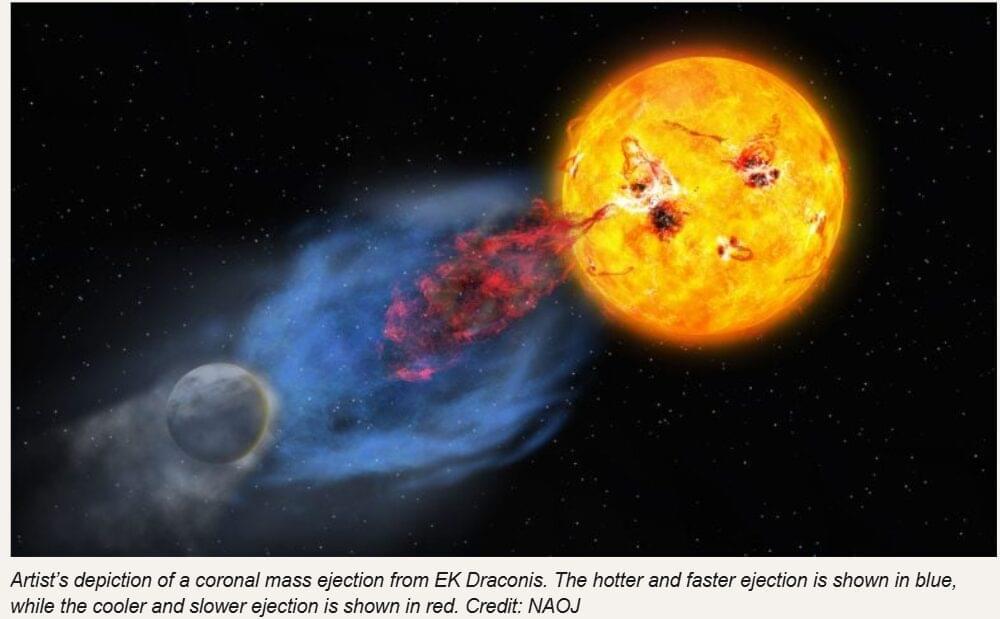
A young Sun’s violent plasma eruptions may have helped ignite the spark of life on Earth. Astronomers observed a massive, multi-temperature plasma eruption from a young Sun-like star, revealing how early solar explosions could shape planets. These fierce events may have influenced the atmosphere and life-forming chemistry of the early Earth.
Although we rarely notice from Earth, the Sun is continuously hurling enormous clouds of charged plasma into space. These events, known as coronal mass ejections (CMEs), often occur alongside sudden bursts of light called solar flares. When particularly strong, CMEs can stretch far enough to disturb Earth’s magnetic field, producing dazzling auroras and sometimes triggering geomagnetic storms that disrupt satellites or even power grids.
Scientists believe that billions of years ago, when the Sun and Earth were both young, solar activity was far more intense than it is today. Powerful CMEs during that period may have influenced the conditions that allowed life to emerge and evolve. Studies of young Sun-like stars — used as stand-ins for our own star’s early years — show that these stars often unleash flares far stronger than any recorded from the modern Sun.


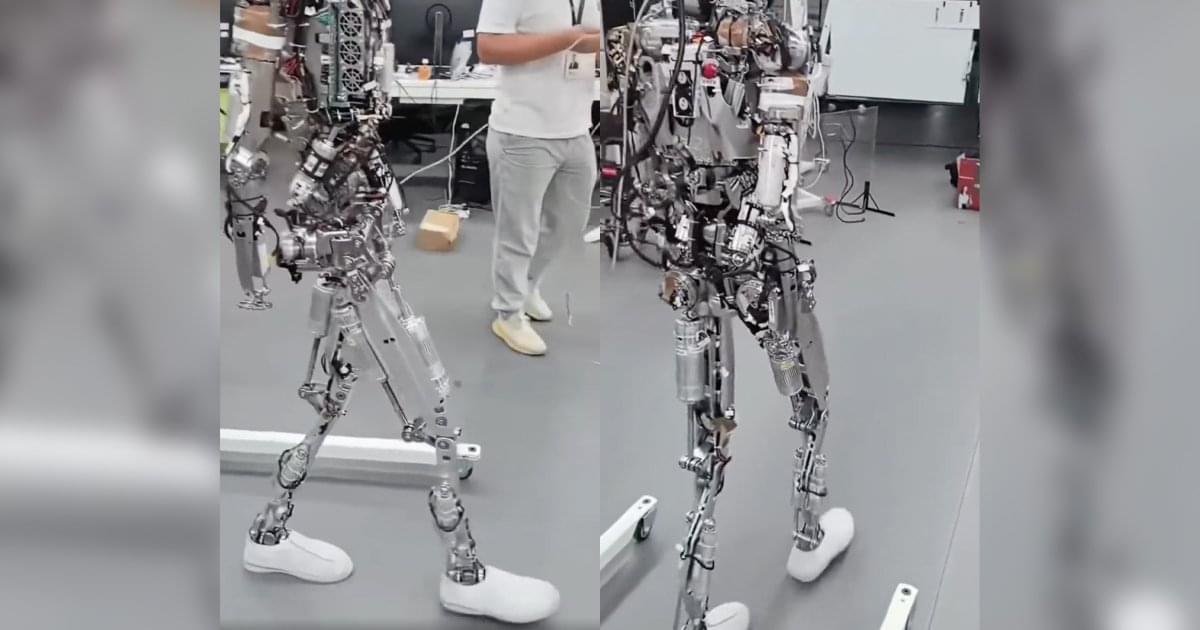
“I am kind of blown away that they can get motors to work in such an elegant way. I assumed it was soft body mechanics,” wrote another. “Wow.”
Iron made its first debut on Wednesday, when XPeng CEO He Xiaopeng introduced the unit as the “most human-like” bot on the market to date. Per Humanoids Daily, the robot features “dexterous hands” with 22 degrees of flexibility, a “human-like spine,” gender options, and a digital face.
According to He, the bot also contains the “first all-solid-state battery in the industry,” as opposed to the liquid electrolyte typically found in lithium-ion batteries. Solid-state batteries are considered the “holy grail” for electric vehicle development, a design choice He says will make the robots safer for home use.
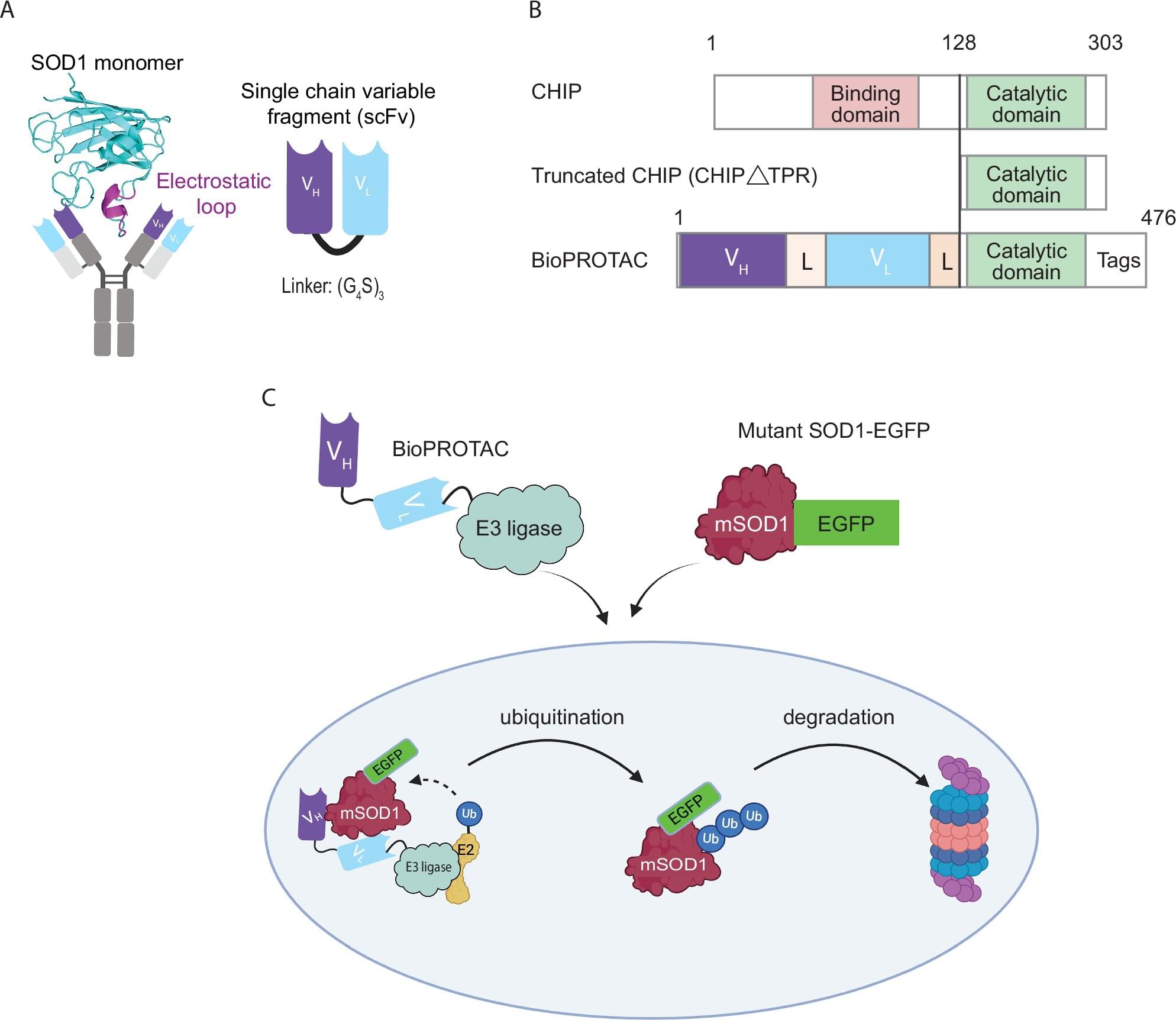
University of Wollongong (UOW) scientists have developed a breakthrough therapy that clears toxic proteins from nerve cells—a discovery that advances the work of the late Professor Justin Yerbury and could transform the treatment of motor neuron disease (MND).
The proof-of-concept study, published in Nature Communications and led by Dr. Christen Chisholm from UOW’s Molecular Horizons, unveils a therapeutic designer molecule, MisfoldUbL, that targets and removes toxic misfolded SOD1 (superoxide dismutase 1) proteins from cells. SOD1 is an antioxidant enzyme that plays a crucial role in protecting cells from damage caused by superoxide radicals. About 35% of people with inherited MND in Australia have SOD1 gene mutations that cause more frequent misfolding.
“In MND, proteins misfold more frequently and the cell’s degradation systems become overwhelmed and stop working properly. The misfolded protein can then accumulate, forming clumps or ‘aggregates’ and over time, this accumulation damages and eventually kills motor neurons, leading to gradual muscle weakness, paralysis and death,” Dr. Chisholm said.
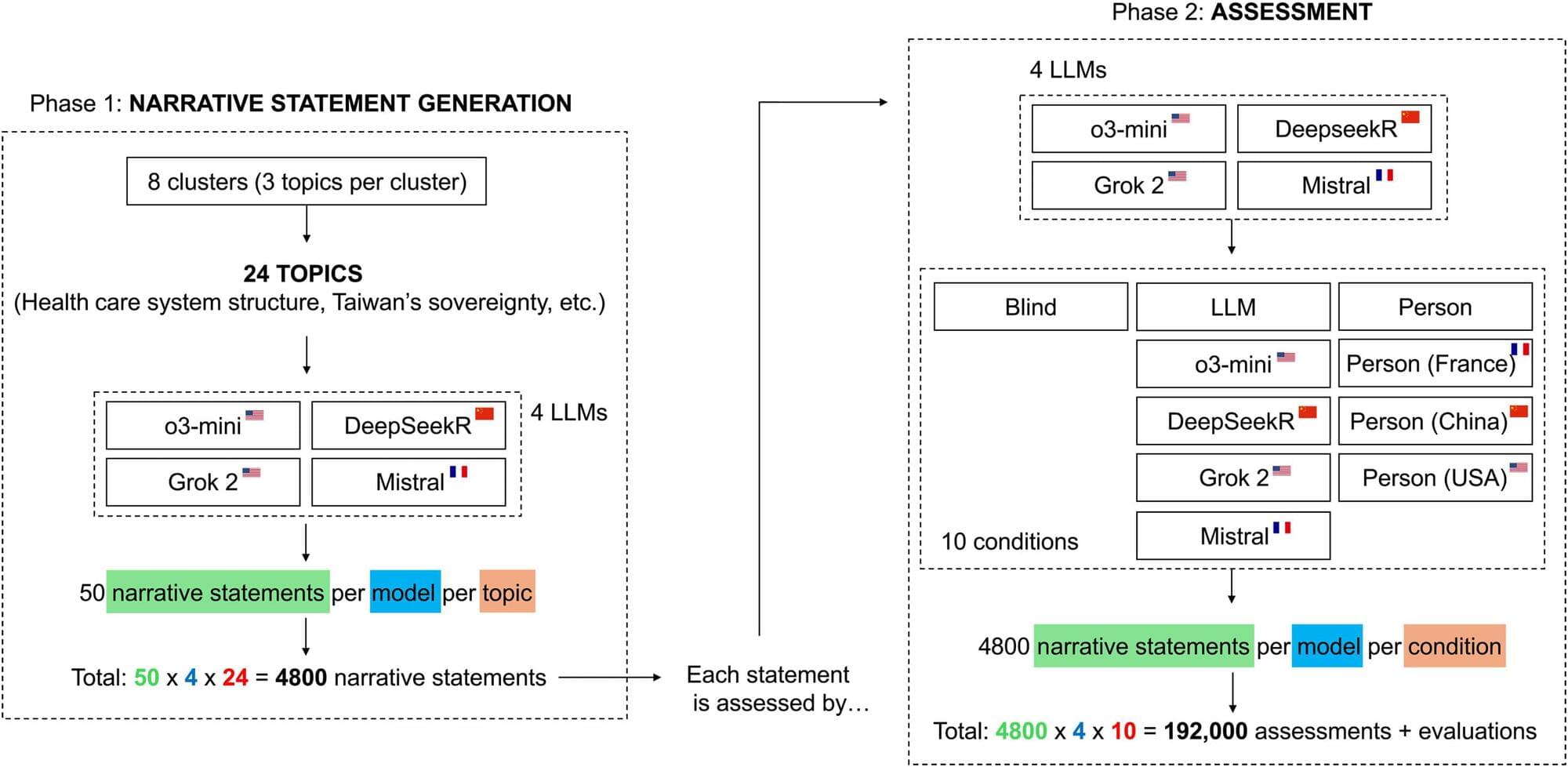
Large language models (LLMs) are increasingly used not only to generate content but also to evaluate it. They are asked to grade essays, moderate social media content, summarize reports, screen job applications and much more.
However, there are heated discussions—in the media as well as in academia—about whether such evaluations are consistent and unbiased. Some LLMs are under suspicion of promoting certain political agendas. For example, Deepseek is often characterized as having a pro-Chinese perspective and Open AI as being “woke.”
Although these beliefs are widely discussed, they are so far unsubstantiated. UZH-researchers Federico Germani and Giovanni Spitale have now investigated whether LLMs really exhibit systematic biases when evaluating texts. Their results, published in Science Advances, show that LLMs indeed deliver biased judgments—but only when information about the source or author of the evaluated message is revealed.
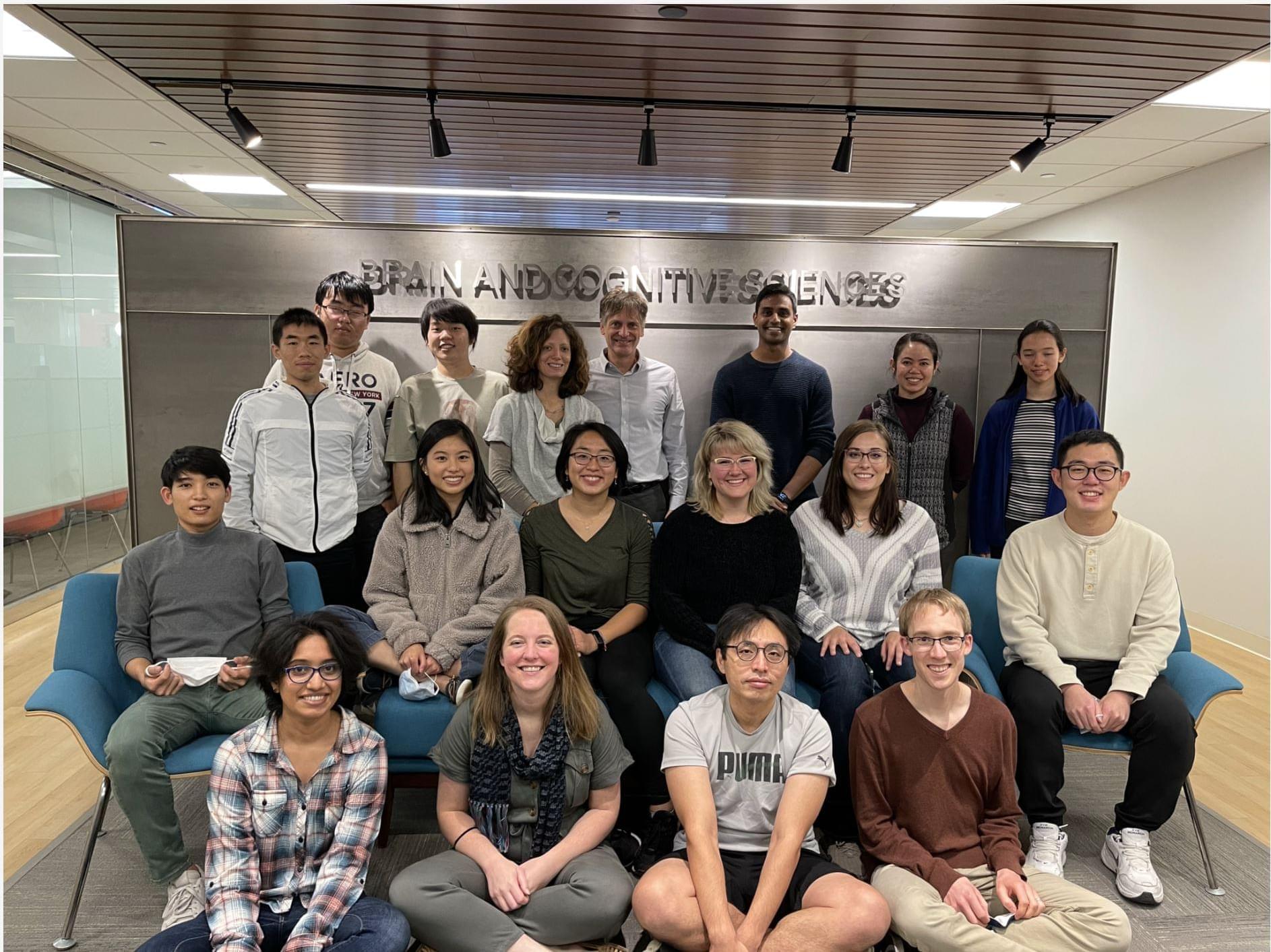
This pales into comparison to ChatGPT which can effectively read and analyze tens of thousands of words per second, since I process text computationally rather than linearly.
What if there was an invention or the concept of an invention that could be created to enhance a human beings capacity to read just as quickly as ChatGPT’s? I tasked ChatGPT with a step-by-step process to create that invention:
Here’s a concrete, neuroscience-grounded invention plan to push human reading toward “machine-speed”—while keeping comprehension and recall intact.
—
## 0) Core idea (one sentence)
Exploit the brain’s natural reading pipeline—VWFA → Wernicke (lexico-semantic) ↔ Broca (phonological sequencing) with eye-movement–driven coarse-to-fine vision—by timing text delivery to your saccade/ fixation cycle, suppressing unnecessary subvocalization, and entraining semantic parsing rhythms. ([PMC][1])
## 1) Hardware & sensing.
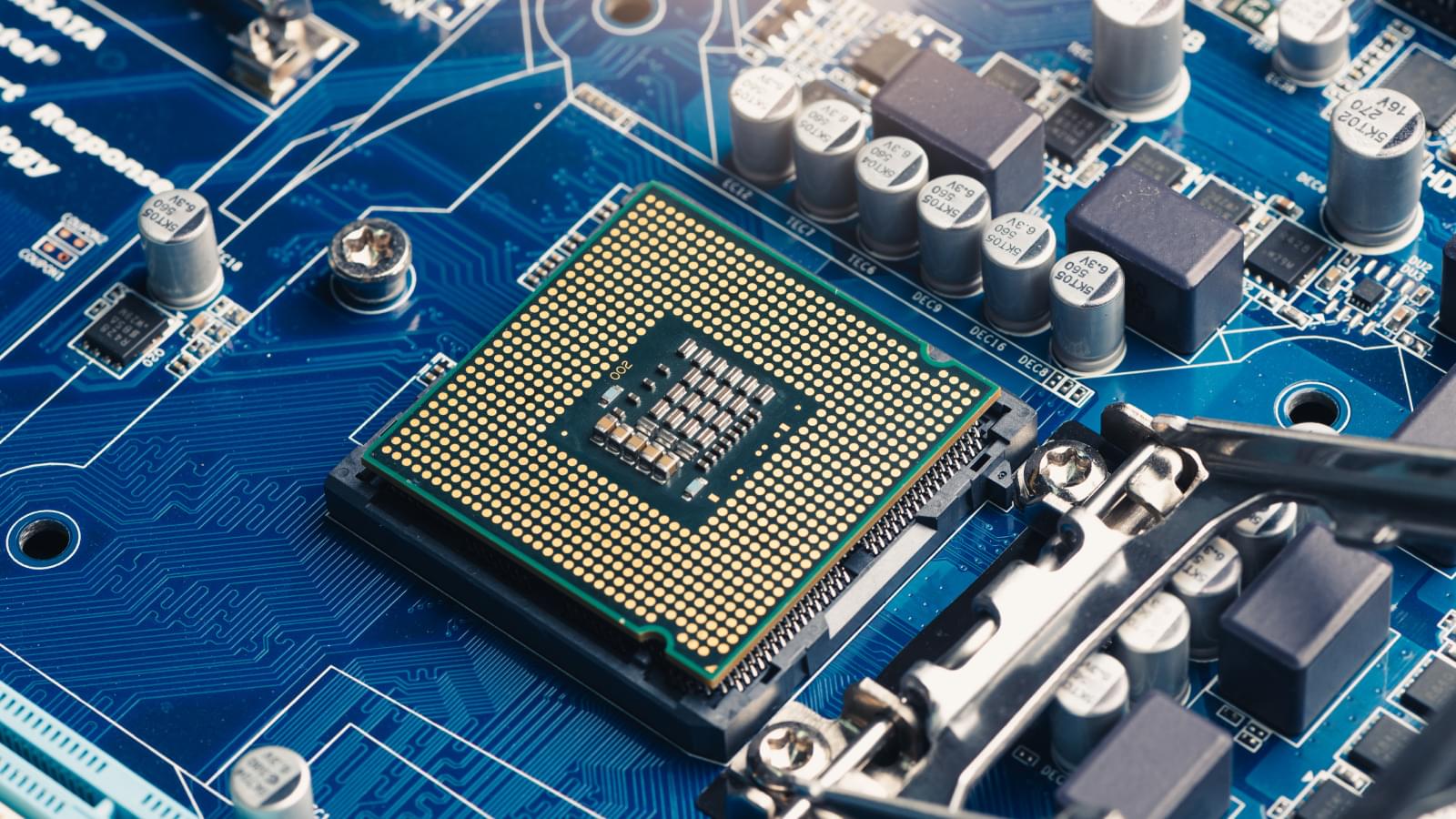
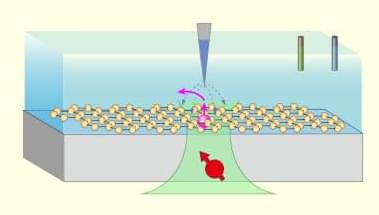
A scheme combining a scanning probe microscope with a quantum sensor can locally trigger water dissociation and observe the elementary steps of such a reaction.
Every experimental technique comes with trade-offs. High-resolution microscopy can pinpoint the positions of individual atoms, yet it typically cannot identify them chemically. Spectroscopy provides chemical information but often only as an averaged signal over a large region. To construct a comprehensive picture of processes at the nanoscale, researchers often resort to combining two or more independent methods. The metaphorical silver bullet would be a single technique that is both local and capable of identifying chemical species as they form and react. Now Wentian Zheng of Peking University and his collaborators have taken an impressive step toward that goal. They have combined two previously separate capabilities—quantum sensing and scanning probe microscopy (SPM)—into a single instrument that can trigger and observe chemical reactions with nanometer resolution [1].